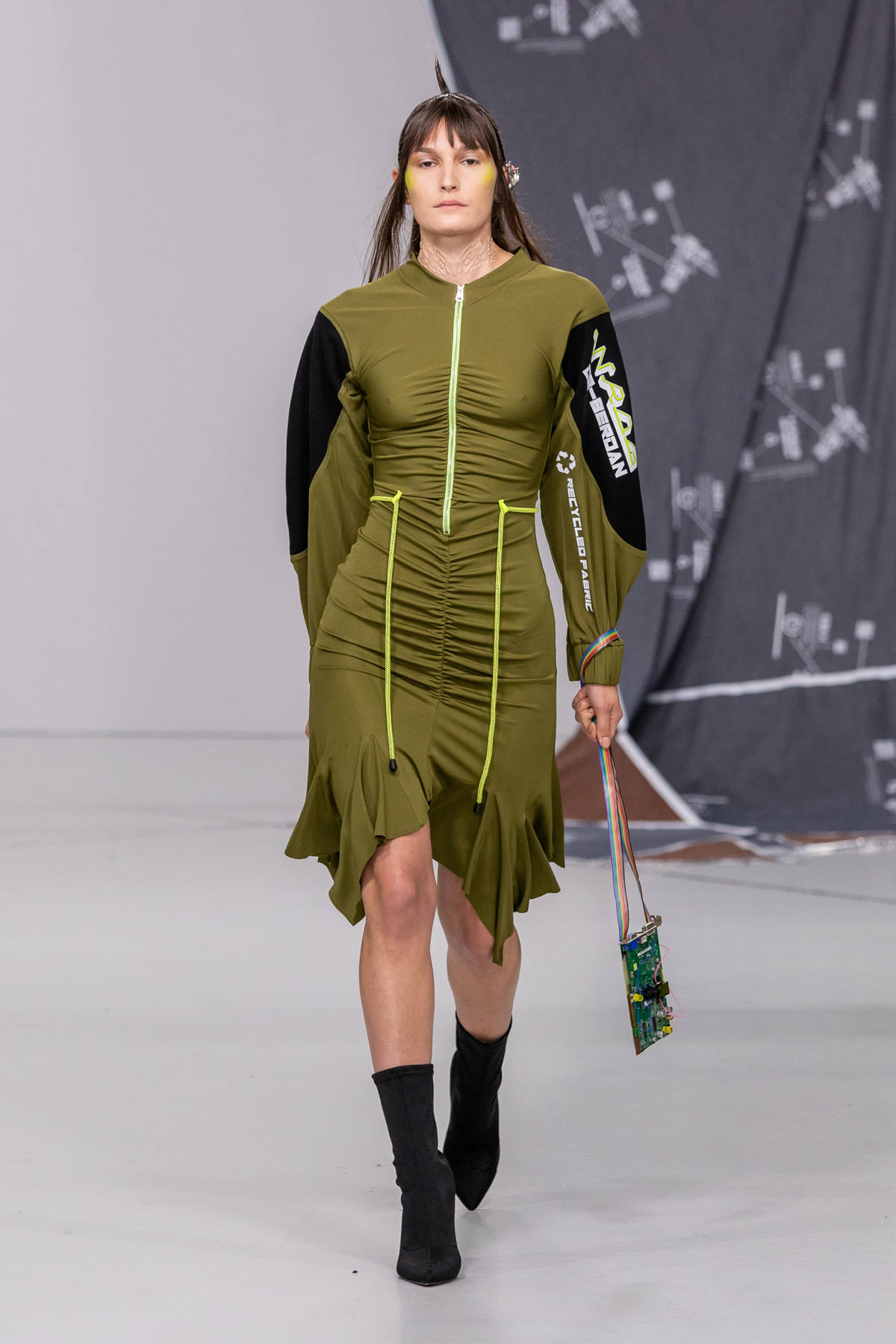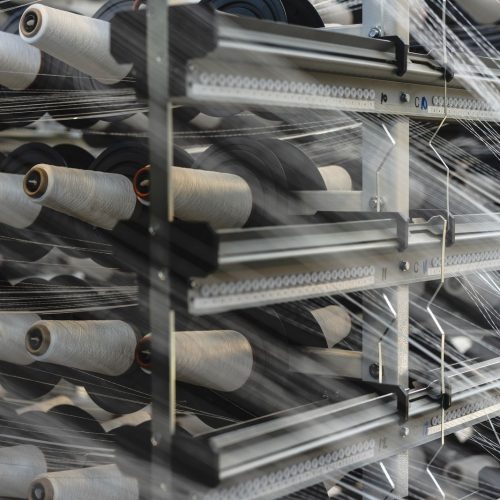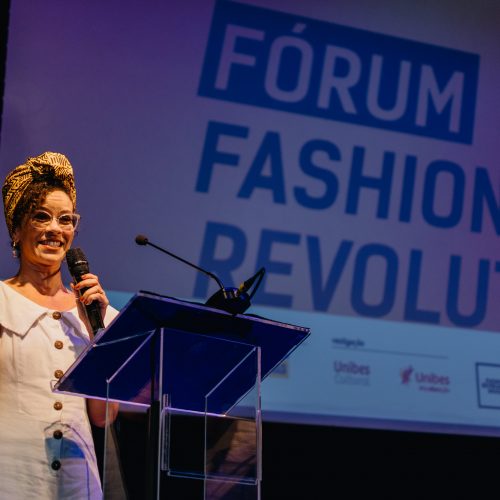Leaders in Sustainable and Ethical Fashion
Climate change is one of the largest social issues in modern times, vastly altering our planet at an alarming rate. The negative effects of climate change spawn from a variety of sources, but fashion is a major culprit. According to the BBC, the fashion industry is responsible for “about 10% of global carbon emissions and nearly 20% of wastewater.”
Planetary concerns are only the beginning of the discussion of ethics within the fashion industry. The world of fast fashion is rife with stories of dangerous working conditions and dismal wages. The good news is that the demand for ethical fashion is on the rise, and everyone from suppliers to management and employees are getting in on the action.
In 2020, global citizens have a better grasp of the ways in which climate change can have a detrimental effect on public health. Fortunately, we also have improved tools to help foster change, throughout the fashion industry and beyond. Reducing carbon emissions and improving working conditions are just two of the sustainability goals laid out by today’s global leaders in ethical fashion.

AT THE INTERSECTION OF WORKPLACE SAFETY AND FASHION
To say that fashion is profitable doesn’t do it justice The U.S. garment industry is a $2.4 trillion juggernaut, and a huge chunk of those profits come from cheap labor. Skimping on labor costs may help pad the pockets of industry stockholders and CEOs, but it has a detrimental effect on the health of those on the front lines such as garment makers.
Long hours, dangerous conditions, negligible if any labor rights, and discrimination are just part of the job for millions of garment makers around the world, but they don’t have to be. More and more fashion companies are stepping up to improve their carbon footprint and advocate for both social justice and sustainability.
At its core, sustainable fashion is about much more than environmental stewardship, however. The sustainability movement encompasses three core elements: collection, collaboration, and craft. Ethics plays a role in each and helps to further connect sustainability and public health. Low wages and poor working conditions have adverse effects on the individual as well as one’s family and the community as a whole.
Fashion companies can remove themselves as an adverse population health determinant by improving working conditions across the entire supply chain. Positivity often has a chain reaction, and consumers and designers alike can feel good about helping to support fair wages and safe work environments.

HOW MINDFULNESS AND WASTE REDUCTION CO-EXIST
Sustainable fashion can be empowering as well as eco-friendly, and female-led sustainable fashion brands are at the forefront of the modern fashion revolution. Forward-thinking brand owners and managers of companies such as Menesthò Sustainable Swimwear and The Social Outfit are committed to causes such as minimal environmental impact, migrant and refugee rights, and a zero-waste business model. The latter of these social causes is especially important for the promotion of sustainability across the fashion industry as a whole.
Fashion, especially fast fashion, is inherently wasteful. In fact, the Ellen MacArthur Foundation claims that “the equivalent of one garbage truck of textiles is landfilled or burned” every second. That amount of waste is deplorable in the highly influential fashion industry, where everyone from supermodels to homemakers can join in the fun. Fashion trendsetters may ultimately serve as the catalyst for the further integration of sustainability into the mainstream.
The fashion industry should take note that sustainability is a major selling point for today’s consumer. A recent report found that between 2016 and 2019, the number of online searches for “sustainable fashion” tripled.
FIGHTING FOR A FAIR WAGE
Interestingly, sustainable fashion comes from numerous sources, one of which is fair trade. At the consumer level, the “fair trade” label is an indication that a garment was produced in a sustainable manner. The Patagonia Company is a standout supporter of fair trade and has stringent requirements in regard to factory conditions.
Every Patagonia factory is subject to high standards when it comes to sourcing, social responsibility, quality, and environmental impact. Ensuring fair wages for factory workers is also part of Patagonia’s mission, and they’re not alone. Additional clothing companies that pay their workers a living wage include Everlane and Grana, which are based in Hong Kong.
The leaders in sustainable fashion understand that fair wages are instrumental towards improving quality of life as well as facilitating equality between workers. In the average company, CEOs earn more than average workers at a disproportionate ratio of 312-to-1. For sustainable fashion companies, income disbursement is much more fair and ethical because every worker deserves a living wage.
FINAL TOUGHTS
In the end, the improved equity between workers at every level of the supply chain from producers to marketing managers ultimately helps improve the planet. Sustainability and ethics are intrinsically connected, as leaders in sustainable fashion are well aware. Consumers must do their part as well, helping to fuel the continued demand for ethical and sustainable fashion.





